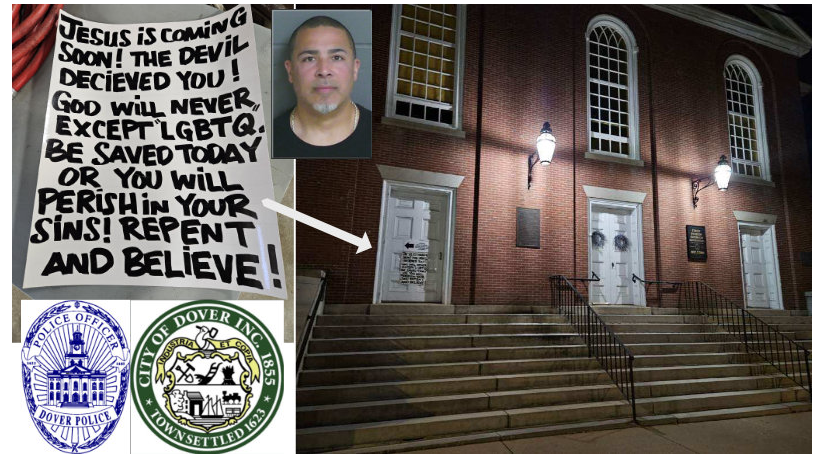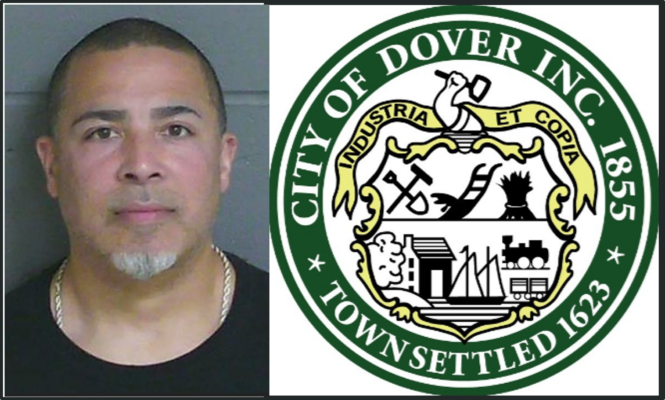In the summer of 2023, the Attorney General’s office went out of its way to turn a trespassing charge (that was also thrown out) into a violation of NH Civil Rights Law. My assumption was that they were searching for a judicial ruling that would create a wedge to suppress free speech.
Disregarding how offensive we may find white nationalists, neo-Nazis, antisemites, BLM, Antifa, or anyone else willing to use racism, intimidation, or violence to advance an agenda in the absence of incitement (an expression directing immediate acts of violence – a challenging standard to meet), there’s no there there.
You can’t have a civil rights law that infringes on the First Amendment, nor can you pretend it capable of such a thing when the legislature never intended it. What are you after, and why do you think you can get it? I’m opposed to antisemitism and race-hating white purity movements but not at the expense of free speech.
Is this some veiled effort to get a shadow of a penumbra of a hate-speech ruling squeezed out of 354B:1, and if so, to what end?
The AG was trying to violate NH Civil Rights Law to get a conviction for a violation of NH civil rights law. And I’m beginning to think the prosecution of Isaac Santiago “for posting what they called “criminal[ly] threatening,” “coercive,” and “hateful” messages on the door of First Parish Church in Dover” is another bite at that apple.

Santiago is accused of committing a hate crime, which seems unlikely to stick because Dover will have to prove he had hate in his heart when he did it in a manner substantial enough to abrogate both Santiago’s civil and free speech rights.
Without knowing the full content of what the Police called “anti-LGBTQ messaging” on Santiago’s sign, I asked Lieutenant Nadeau to explain what the department meant by this statement. He said, “I don’t remember the exact wording of the messages, but the general spirit of it was that God doesn’t accept LGBTQ people and everyone who is LGBTQ should repent of their sins so they can be saved.” I promptly advised the Lieutenant that based on this, and the other information police released concerning Santiago’s message, it appears like his sign came straight out of the Holy Bible. Provided the Lieutenant did not omit any information that could be deemed hateful even by a Bible-believing Christian, the message Santiago left appears to be a loving attempt to save sinners from judgment rather than anything hateful. …
As to First Parish Church, by affirming any sinful behavior listed in Paul’s writing or any other part of Scripture, leaders, and congregants there are living in sin and preaching unrighteousness, and God will hold them accountable without repentance. In Isaiah 5:20, we read, “Woe to those who call evil good, and good evil.” This refers to spiritual woe relative to eternal life in Heaven, not woe to the human life on Earth, and it is likely Mr. Santiago’s message had this same intent. God promises eternal life to those who trust in Christ and live by the commandments of God, but woe to those who deny this testimony.
Mr. Santiago claims that God asked him to do this, and you can run that through whatever filter you like. It is far from a hate crime; there was no actual vandalism, so it is an interesting set of circumstances. White woke Dover is prosecuting a person of color for his truly held religious beliefs, and if the “church” is truly Christian, why haven’t they forgiven him? Is that something else in scripture the LGBTQ church found inconvenient? And as implied in the headline, will the AGs office take an interest when the Dover police can’t stick the landing?
